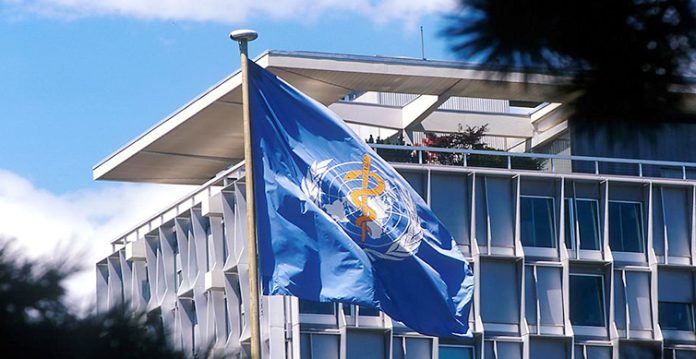Imposing lockdown to curtail transmission of Omicron could prove to be very costly and should be used as a last resort, according to the World Health Organisation.
The new super mutant Omicron Covid variant, which contains more than 30 mutations on the spike protein that the virus uses to infect human cells, has rapidly spread in South Africa and to more than 24 countries including India, Sri Lanka, the US, Australia, Belgium, the Netherlands, and the UK.
“Strengthening surveillance to rapidly detect importation of any new variant and transmission of the existing virus and its variants, implementing calibrated public health and social measures and scaling up vaccination coverage, should continue to be our focus,” WHO South-East Asia Regional Director, Dr Poonam Khetrapal Singh, said in a statement.
While studies are underway to evaluate Omicron’s transmissibility, severity, reinfection risk, and immune escape potential, preliminary evidence suggests higher transmissibility and potential immune escape that could lead to surge in cases.
However, “it is reasonable to assume that currently available vaccines offer protection against severe disease and death”, Singh said.
ALSO READ: Israel reports 4 new cases of Omicron variant, 7 in total
She called for intensifying efforts to accelerate Covid 19 vaccination coverage and applying a multi-layered risk mitigation approach to potentially delay export or import of the new variant.
Following the news about the Omicron variant from South Africa and Botswana, many countries including the US, and the UK, moved to bring in travel bans or quarantines for travellers from a number of African countries.
But, according to Singh, blanket travel bans will not prevent the international spread, and instead, they place a heavy burden on lives and livelihoods. In addition, such bans can adversely impact global health efforts during a pandemic by disincentivising countries to report and share epidemiological and sequencing data.
“The option of imposing lockdown to curtail virus transmission, though effective, is a very costly measure and should be used as a last resort.”
“We cannot and should not let the virus and its variants spread and mutate further and continue to challenge us. We need to do everything we can to curtail their spread. We know what to do. The pandemic has lasted just too long and is draining our precious human and other resources. We need to stop this,” the Regional Director said.
The use of masks, physical distancing, ventilation of indoor space, crowd avoidance, and hand hygiene remain key to reducing transmission of Covid-19, even in the context of emerging variants, she said.
ALSO READ: Omicron spikes hospitalisation among kids under 5 in South Africa
Regardless of change in severity, increase in cases alone may pose overwhelming demand on health care systems and may lead to increased morbidity and mortality. Thus, countries should be ready to escalate public health and social measures in a timely manner to avoid overwhelming demands on health care services, Singh noted.
(This story has been sourced from a third-party syndicated feed, agencies. Raavi Media accepts no responsibility or liability for the dependability, trustworthiness, reliability, and data of the text. Raavi Media management/ythisnews.com reserves the sole right to alter, delete or remove (without notice) the content at its absolute discretion for any reason whatsoever.)


